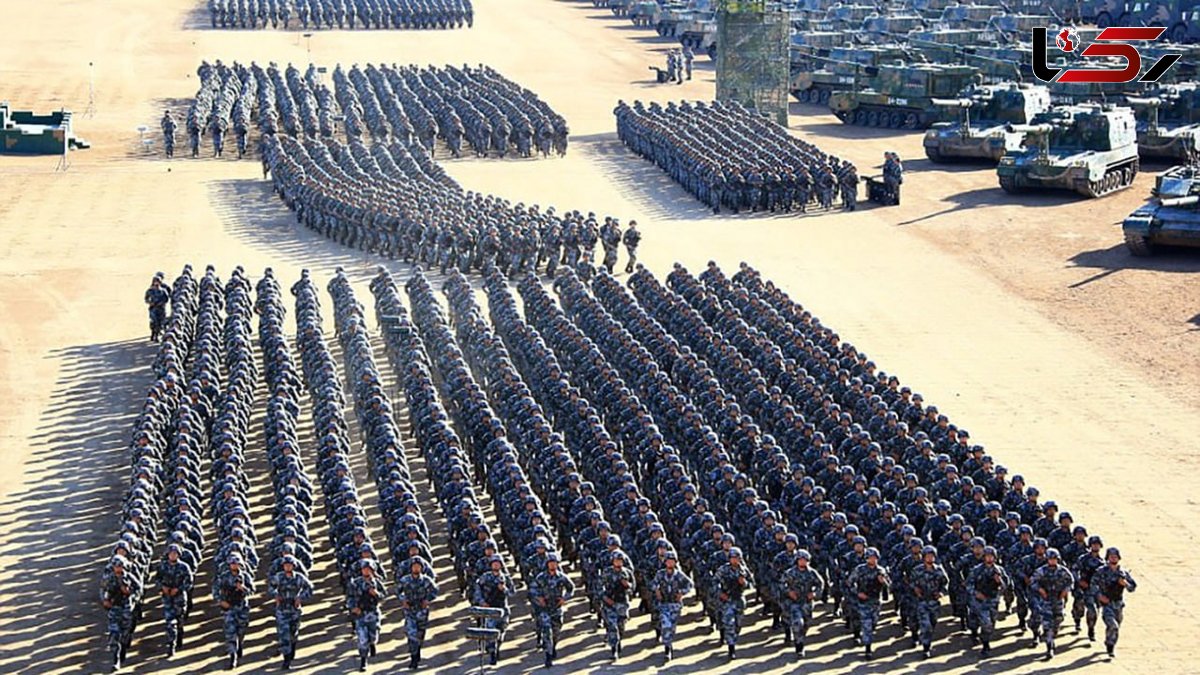China Rewrites WWII History on 80th Anniversary, Minimizing U.S. Role
Rokna Political Desk: China is rewriting the story of World War II as it marks the 80th anniversary of Japan’s surrender, spotlighting its own sacrifices and those of the Soviet Union while downplaying the United States’ role, in a move that blends national pride with strategic messaging to the world.

According to Rokna as China marks the 80th anniversary of Japan’s surrender in World War II, the country is actively reshaping the narrative of the conflict. The commemorations, featuring large-scale military parades and public ceremonies, highlight China’s wartime sacrifices and emphasize its partnership with the Soviet Union, while downplaying the contributions of the United States in achieving victory.
State media and official commentaries have increasingly framed U.S. support as driven primarily by self-interest, portraying American aid, including military supplies and financial assistance, as strategically motivated rather than purely altruistic. In contrast, the support provided by the Soviet Union is depicted as decisive and principled, reinforcing a narrative that aligns China closely with Moscow.
The anniversary events serve multiple purposes. Domestically, they are intended to foster a sense of national pride and unity, presenting China as a resilient nation that overcame foreign aggression largely through its own determination and sacrifices. The military parades and public ceremonies also showcase China’s modern military strength, connecting historical resilience with contemporary power.
At the international level, the narrative emphasizes China’s historical importance while subtly challenging Western-centric interpretations of the war. By focusing on its own and the Soviet Union’s roles, China is asserting a vision of history in which Western powers, particularly the United States, play a secondary role. This approach reflects broader geopolitical ambitions, signaling a desire to strengthen alliances outside of the traditional Western-led order and to enhance China’s global influence.
While the narrative reinforces nationalistic sentiment, public responses have been mixed. Some citizens question the costs and disruptions associated with large-scale commemorations, suggesting that the government’s interpretation of history does not fully resonate with everyone.
China’s reinterpretation of World War II demonstrates how historical memory can be mobilized to serve contemporary strategic goals. By emphasizing its own contributions and those of its allies while minimizing the role of the United States, Beijing is shaping both domestic perception and international understanding of the past, projecting power and legitimacy in the present and future global order.
Send Comments